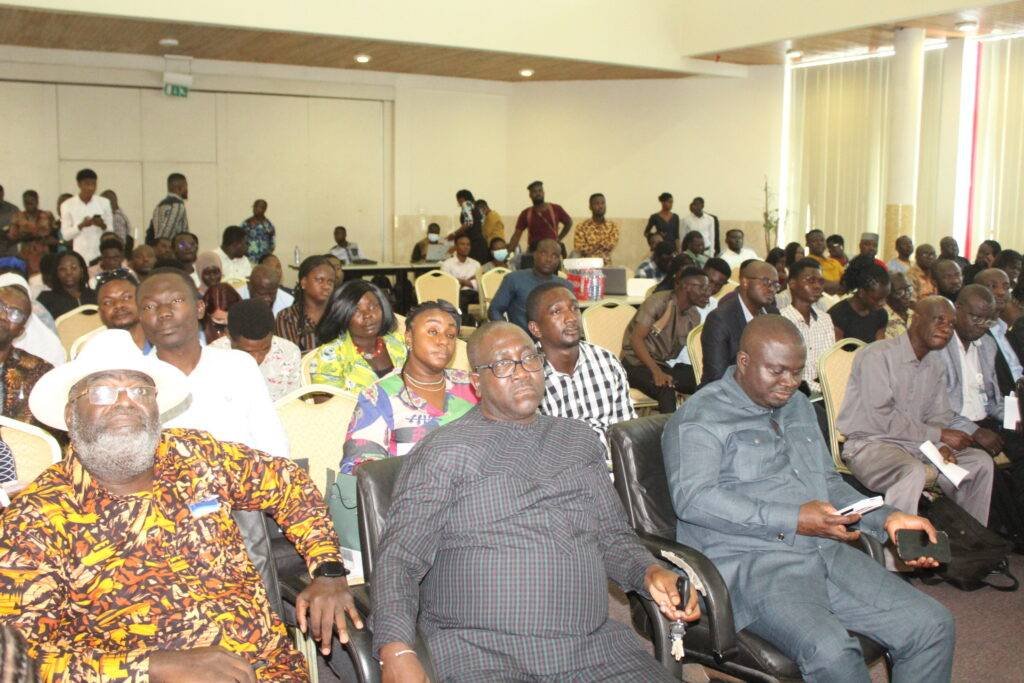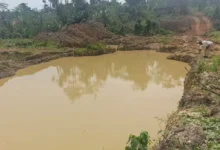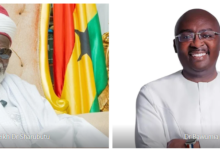
The media has been urged to exercise due diligence before advertising herbal products to safeguard public health and safety.
At a public forum on “Media and Herbal Medicine Advertising” in Accra yesterday, it came to light that advertisement was a major bait in influencing the public to patronise herbal medicines which may not have been approved and the media was the main vehicle in achieving that.

On the back of a latest exposé by the Fourth Estate, an investigative project of the Media Foundation for West Africa (MFWA), a non-governmental organisation, it was discovered that some media houses advertised herbal medicines without the approval of the regulatory body (Food and Drugs Authority).
Of eight leading media houses in four regions across the country that were approached to promote a fake and non-existent herbal product (Macofa Herbal Mixture), only two took due steps to ensure its authenticity.
While the New Times Corporation; publishers of Ghanaian Times and The Spectator and Accra-based Peace FM demanded FDA approval on the product before advertising, the others went ahead to promote the medicine without sanctioning its efficacy for public consumption.
An official of the Traditional Medicines Practice Council (TMPC) under whose mandate traditional medicine practitioners are registered and their place of practice endorsed, was also implicated in the documentary for failing to ensure due process.
The Deputy Minister of Health, Alhaji Mahama Asei Seini, in a speech after viewing the documentary, observed the poor regulatory system around the herbal medicine value chain which had ready market in the country in recent times.
He said, about 80 per cent of Ghana’s population now relied on herbal medicine to treat illnesses which was why all stakeholders in the value chain must collaborate to strengthen standardisation in the sector for public good.
“The media has a powerful influence on society and a major tool for advertisement and must not abuse that power especially when it comes to health products and health matters,” he advised.
The Deputy Minister expressed the government’s commitment to ensure that all health products were safe for consumption and conformed to regulatory safety protocols.
He assured that investigations would be launched into the exposé to bring culprits within the Ministry’s purview to book adding; “we will work closely with herbal medicine practitioners to ensure that best practices when it comes to licensing, regulation and standardisation are adhered to.”
The Director, Drugs and Herbal Medicine Regulation at the FDA, Samuel Asante-Boateng said, his organisation would continue to work with all stakeholders to ensure the safety of herbal products in the country.
He advised the media to always insist on FDA permit on a product before advertising explaining that the Authority was unable to be everywhere at all times to monitor and validate herbal products.
“Before we approve a product, it goes through a process with the Centre for Scientific Research into Plant Medicine (CPMR) to check its safety, whether there is no contamination, no adulteration, its chemistry and other testing regimes after which the FDA also does further test before we grant license,” he stated.
“Anybody who brings you a herbal medication for advert, insist permit from FDA before airing the product so that we can all sanitise the herbal and drug industry,” Dr Asante-Boateng advised.
Section 9 (1) of the Traditional Medicine Act 2000, Act 575 states that a person shall not operate or own premises as a practitioner or produce herbal medicine for sale unless that person is registered in accordance with the ACT.
BY ABIGAIL ANNOH






